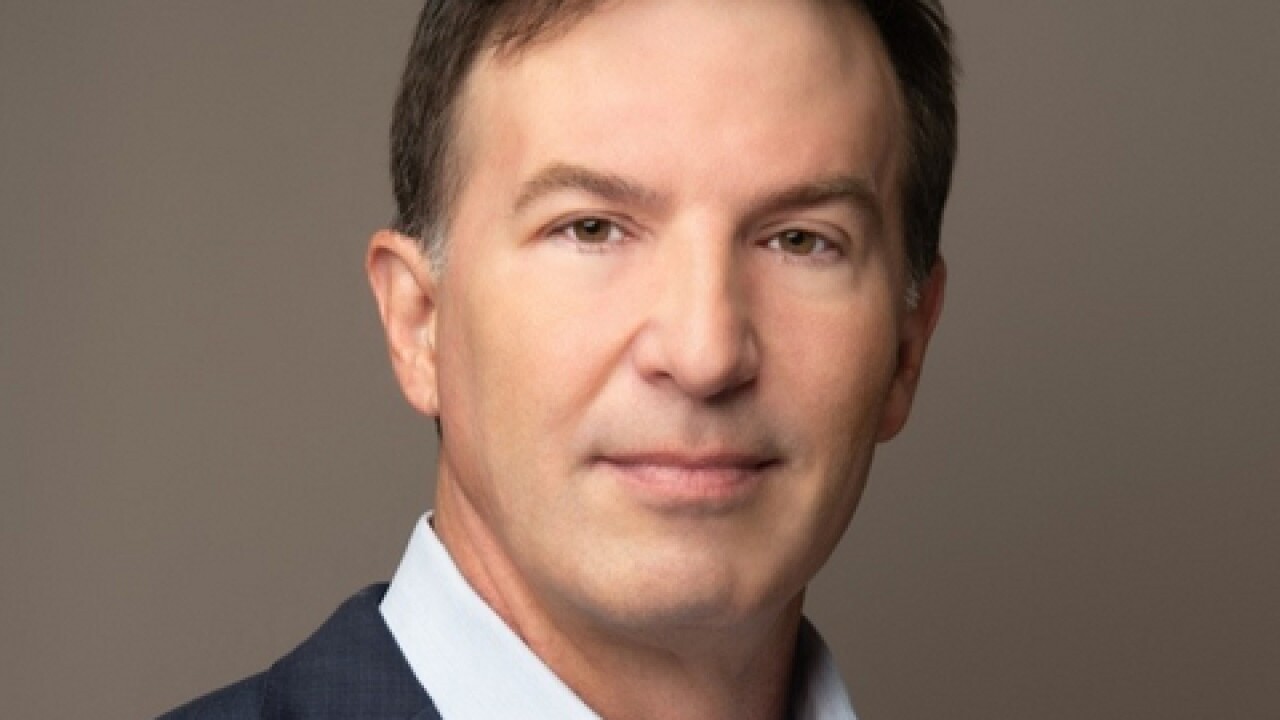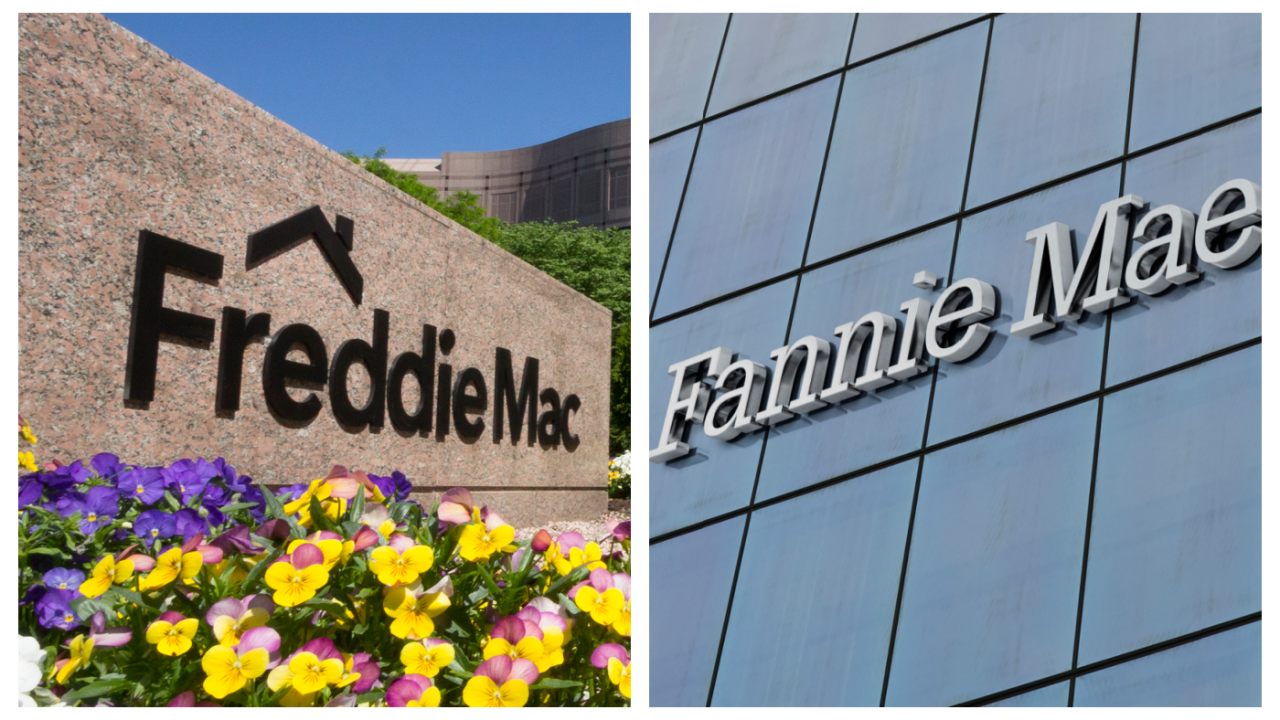Dylan Richard was the lead engineer for President Obama's reelection campaign, where the use of unstructured "
His new role may be an even more daunting challenge, as the newly independent PayPal must prove its worth in a market where even large California-based tech companies are not immune to sudden disruption.
"The best way I've heard politics described is you build a Fortune 500 company and dismantle it in 18 months, so whatever technology you make has to last for 18 months" Richard said. "The non-political world has more nuance and more longevity. I can't just build something that will go away in 18 months."
Richard and Harper Reed, another former Obama campaign technology expert, came on board this month when PayPal bought Modest, a company they founded to develop payment applications for email, social networks and other digital realms. Their overall objective is to bring PayPal payments closer to the point in time and place where a consumer decides to make a purchase, regardless of which device the consumer is using at the time.
"We're building tools to help retailers put retail where it did not used to be," Richard said.
The may seem broad, but testing a lot of technology to enable a wide range of outcomes is part of the mission. And Richard, who comes across as casual and decidedly non-corporate—he said "I'm really not sure" when asked to provide his new title—is more excited than daunted by the challenge this mission presents.
"It could be a mobile app, or an email, or whatever new fun place where people want to buy something," Richard said. "The interesting thing for us is we have no idea. There's a lot of different ways this can play out."
The Obama 2012 campaign used the Internet, social networks and smartphones, producing actionable intelligence on the success of volunteers in registering and winning the support of voters, determining the best time and place for rallies, and spotting the most likely people to be energized to spread their candidate's message.
Richard is not bringing that exact model to PayPal, but draw on his experience to determine the best way to engage consumers to move them into a store's physical or digital presence. This, in turn, should improve PayPal's relationship with that retailer.
The technology also comes with some risk, since tools such as social networking have to be harnessed in such a way that they are seen as a convenience and not an annoyance, said Nicole Sturgill, a principal executive advisor at CEB TowerGroup.
"Making this technology available to merchants should come with guidelines and best practices on when to use the technology and how to do it in a way that makes consumers lives better," Sturgill said.
One of the goals of this type of technology is to make it simple for merchants to implement emerging payment systems with minimal effort and risk, Richard said.
Modest's 18-person team will work alongside PayPal's
Richard, a University of California Berkeley graduate, has other experience in retail. He was a senior developer at Crate and Barrel for much of the past decade. He also worked as an engineer for startups before joining the Obama campaign. These experiences give him a long-term view of the evolution of retail technology.
"When I look at the long trend, you used to have to go into a store to get something. Then there was this one place, a mall, where you could get a lot of different things. Then there was e-commerce," he said. "The next step is getting something that you want exactly where you are when you want it; you don't have to be in a store or on a specific site. That's democratizing retail."





